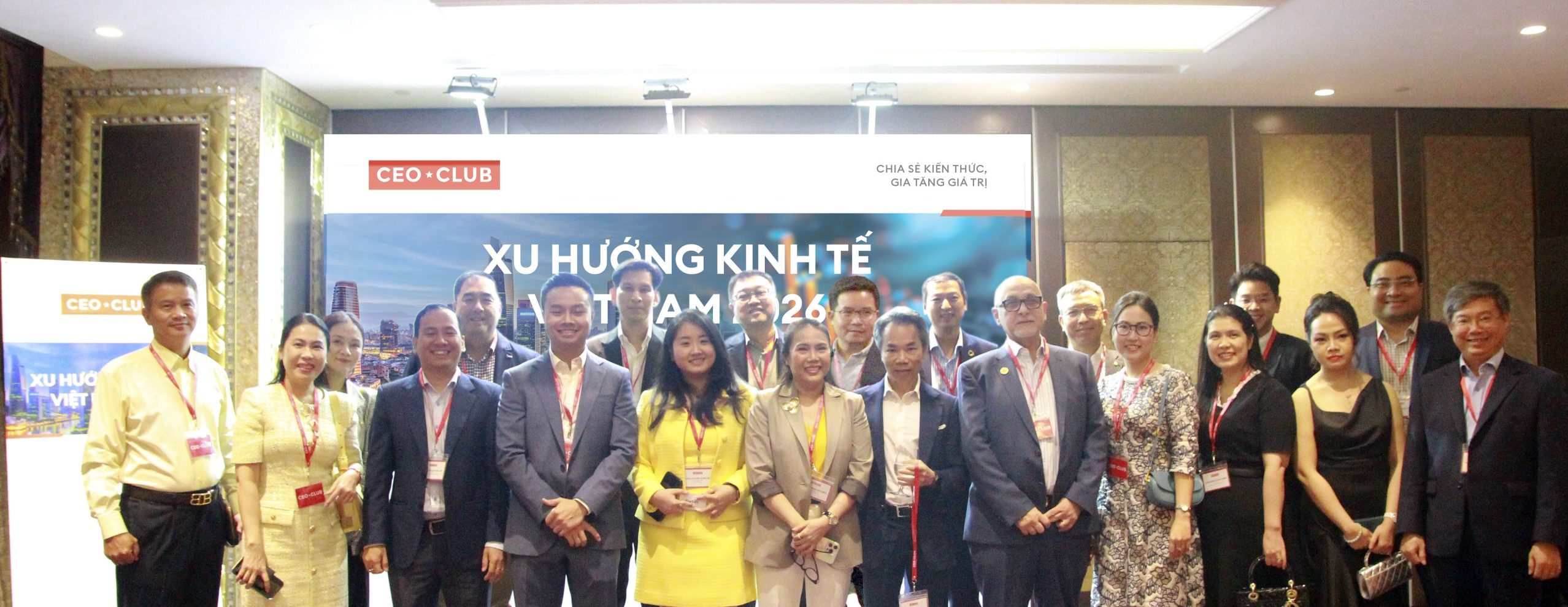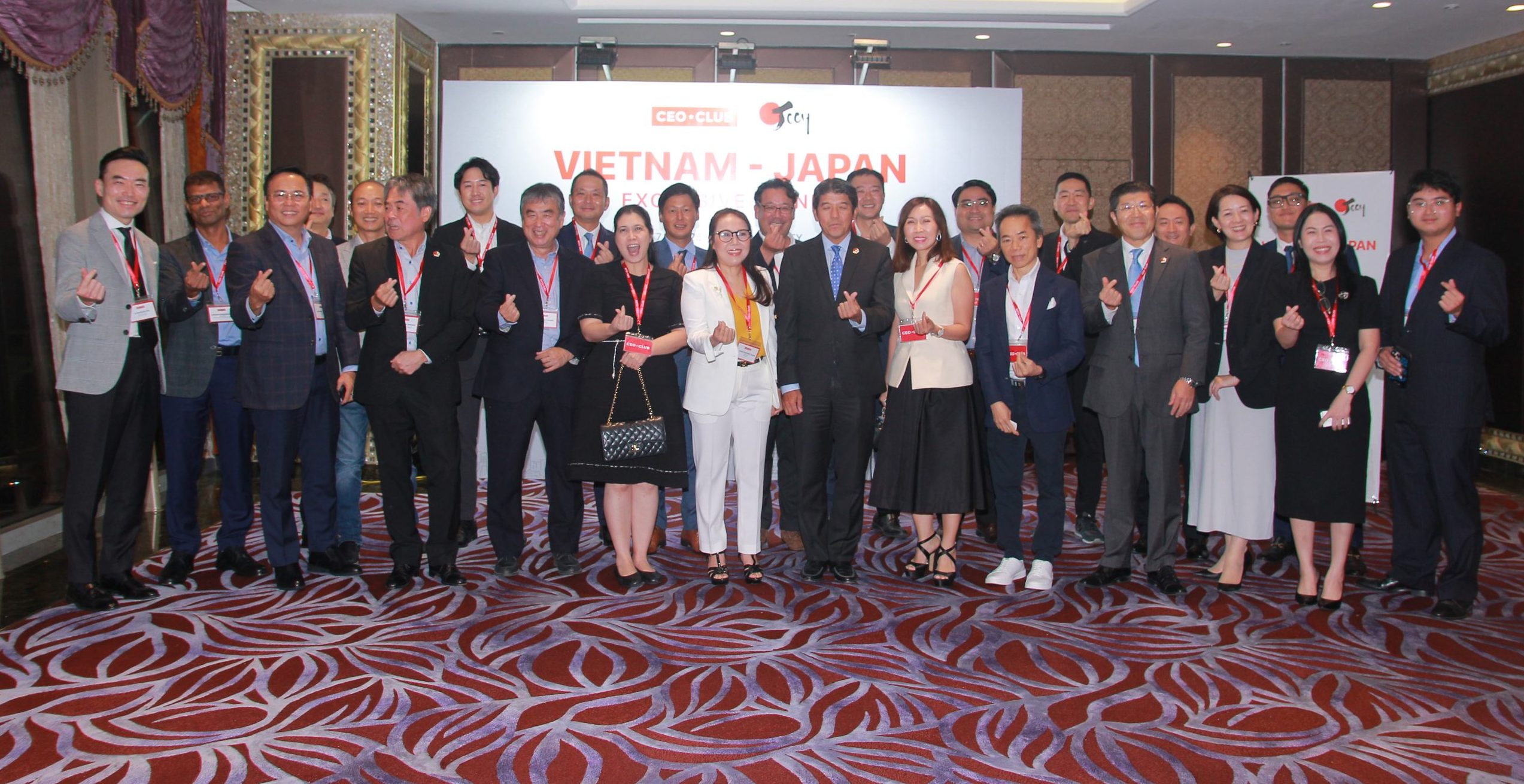The State Securities Commission of Vietnam has proposed eliminating the current regulation that requires foreign institutional investors to deposit 100 percent of the transaction value before trading stocks in Vietnam.

Vietnam is attempting to have its stock market upgraded. Photo: Quang Dinh / Tuoi Tre
If foreign investors fail to make full payments, securities companies through which foreign investors make transactions will take responsibility for the payment, according to the proposal.
The proposition is included in a draft circular that the State Securities Commission has issued for public feedback.
Tran Truong Manh Hieu, head of the strategy analysis unit at KIS Vietnam Securities Corporation, stated that securities brokerages would be permitted to sell the stocks of foreign institutional investors if these investors fail to make payments.
They would have to evaluate their foreign institutional customers to decide the deposit rates for them.
The draft circular also includes a mandate that listed companies, public companies, and relevant agencies must disclose their information in English.
Pursuant to the prevailing regulations, the information disclosure in English is currently compulsory for stock exchanges and Vietnam Securities Depository and Clearing Corporation only, according to Dr. Tran Viet Dung, head of the Research Institute for Banking under the Banking Academy of Vietnam.
The World Bank’s market research indicated that some 10 percent of listed companies in Vietnam have announced their information and financial reports in English, with most of them having high capitalization, Dung noted.
Nguyen Khac Hai, managing director of legal affairs and compliance at SSI Securities Corporation, claimed that the major obstacles to upgrading the stock market are issues related to clearing, delivery versus payment, and the handling of failed transactions.
A solution to these issues is applying the central clearing counterparty model, which will take time to implement, including the necessary adjustments to regulations governing the operation of custodian banks.
Payment for foreign institutional investors’ transactions by securities companies will address this problem, according to Hai, though it will entail high risks necessitating an upgrade in their risk management systems.
The new policy should consider the potential for foreign institutional investors to default on payments.
Securities companies should prepare large capital resources to minimize risk, according to Bui Van Huy, managing director of the Ho Chi Minh City branch of DSC Securities Corporation.
Bui Hoang Hai, vice-chairman of the State Securities Commission of Vietnam, cited experts as saying that new regulations in the draft circulation are appropriate and feasible.
Most international investors have voiced their support for these regulations.
The State Securities Commission of Vietnam hoped these rules would exert a positive impact on the Vietnamese stock market upgrade, the official added.
Two renowned international rating organizations, MSCI and FTSE Russell, currently categorize the Vietnamese stock market as a frontier market.
FTSE Russell has included Vietnam in the list of markets awaiting an upgrade to an emerging market as it has met seven out of the nine criteria.
The stock market upgrade may help Vietnam attract an additional US$25 billion from international investors by 2030, according to the World Bank.
Thanh Ha – Binh Khanh (Source: tuoitrenews.vn)


